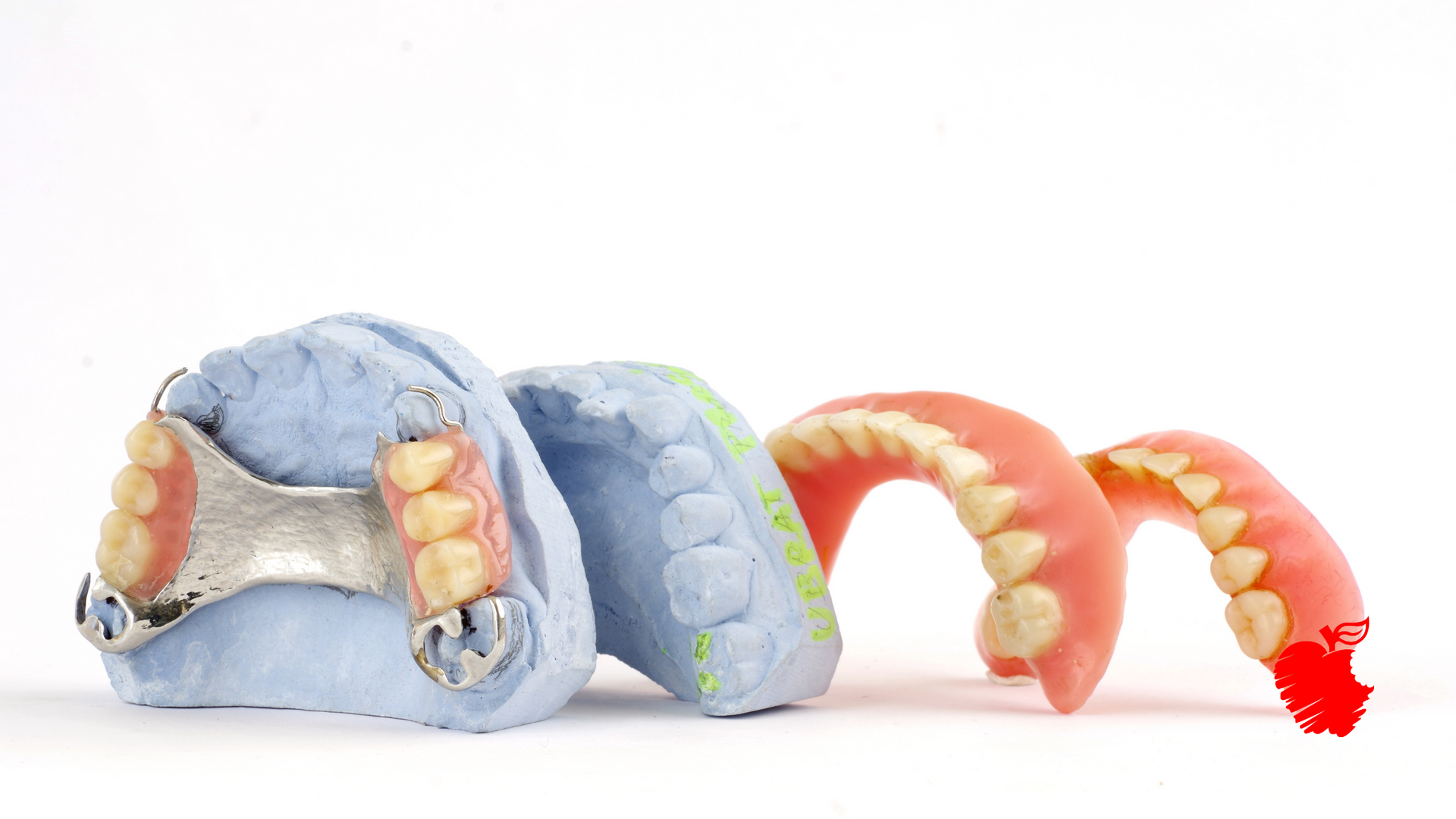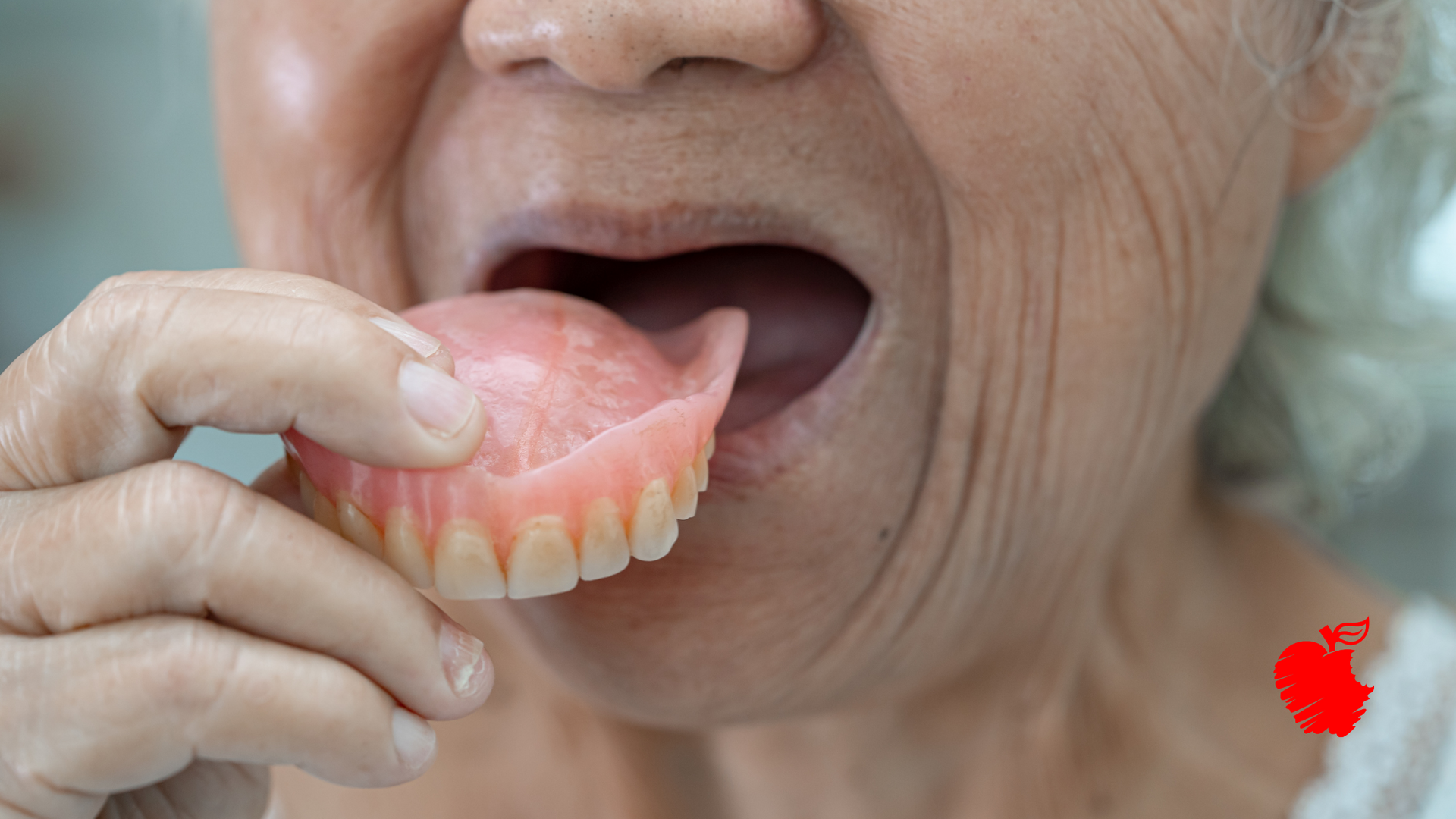Maintaining Oral Health with Dentures in South Carolina

Source: Dr. Marketing
Dentures serve as a valuable solution for individuals missing teeth, providing not just functional benefits but also a significant enhancement to your appearance. However, as with natural teeth, the proper care of dentures is crucial to ensure their longevity and the maintenance of overall oral health. In this comprehensive guide, we will delve into essential tips and tricks for denture wearers, helping them navigate the intricacies of daily care and enjoy a confident smile. From understanding the different types of dentures to mastering the proper cleaning techniques, this guide aims to equip individuals with the knowledge and tools necessary to maintain their dentures in top condition. Additionally, we will explore the importance of regular check-ups with our dentist in Colombia, South Carolina and provide insight into potential issues that may arise with dentures, empowering wearers to address any concerns proactively. By following the guidance from our dentist, Dr. Forbes at Total Dental Care of South Carolina, denture wearers can enjoy a comfortable, confident, and healthy smile for years to come.
Understanding Dentures

Before jumping into the nitty-gritty of maintenance, it is imperative to familiarize ourselves with the various types of dentures available. Dentures, broadly classified, come in two primary categories: partial and complete.
Partial Dentures
Partial dentures are designed for individuals who have some natural teeth remaining. They fill the gaps created by missing teeth, preventing issues related to shifting teeth and maintaining proper oral function. These dentures typically consist of a metal or acrylic framework, supporting replacement teeth that seamlessly blend with the existing natural ones. Partial dentures are not only functional but also contribute to a more balanced and aesthetically pleasing smile.
Complete Dentures
On the other hand, complete dentures are crafted for those who have lost all of their natural teeth, either in the upper or lower jaw, or both. These dentures replace an entire set of teeth and rest on the gums and underlying bone. Complete dentures can significantly enhance oral function, restore facial structure, and boost confidence by providing a natural-looking smile.
Now, let us explore another dimension of denture diversity:
Traditional Removable Dentures
Traditional removable dentures are the conventional and widely recognized type. They are crafted from acrylic and, in the case of complete dentures, designed to cover the entire palate for maximum stability. These dentures rely on the natural suction between the denture base and the gums for support. While effective, some wearers may experience occasional movement or discomfort, especially during activities like eating or speaking.
Implant-Supported Dentures
In recent years, technological advancements have introduced a revolutionary option—implant-supported dentures. These dentures are anchored to dental implants surgically placed in the jawbone. This method offers enhanced stability, security, and comfort. Implant-supported dentures not only provide a more natural feel but also help preserve jawbone health by stimulating bone growth, which can deteriorate over time with traditional dentures.
Daily Cleaning Routine for Your Dentures

A regular cleaning routine is paramount for denture wearers to prevent plaque buildup, gum irritation, and bad breath. Let us further elaborate on the step-by-step guide to a daily cleaning routine:
- Remove and Rinse: After each meal, remove your dentures and rinse them thoroughly under lukewarm water to eliminate any lingering food particles and debris.
- Brush Thoroughly: Utilize a soft-bristled toothbrush or a denture brush along with a mild soap or denture cleaner to gently brush all surfaces of your dentures. Avoid using abrasive cleaners or toothpaste, as these can scratch the denture material.
- Clean Your Mouth: Despite missing natural teeth, it remains crucial to clean your gums, tongue, and palate using a soft-bristled brush. This practice helps remove bacteria and stimulates circulation, contributing to overall oral health.
- Soak Overnight: To maintain their shape and prevent warping, store your dentures in a denture-cleaning solution or water overnight. Keeping them moist is essential for their longevity.
Avoiding Common Issues While Wearing Dentures

Even with proper care, denture wearers may encounter issues such as gum irritation, bad breath, and staining. The following tips can help address and prevent these problems:
Proper Fit
Regular visits to your dentist are crucial to ensure your dentures fit well. Ill-fitting dentures not only cause discomfort but can also increase the risk of oral sores.
Healthy Diet
A balanced diet rich in fruits, vegetables, and lean proteins supports overall oral health. Steer clear of excessively sticky or hard foods that may damage dentures or irritate the gums.
Regular Dental Check-ups
Schedule routine dental appointments to monitor the condition of your dentures and address any issues promptly. Your dentist can also conduct oral exams to detect potential problems early on.
Quit Smoking
Smoking not only stains dentures but also increases the risk of gum disease and oral cancer. Consider quitting smoking to improve your oral and overall health.
Stay Hydrated
Drinking plenty of water helps keep your mouth moist, reducing the risk of dry mouth. This, in turn, minimizes denture discomfort and lowers the likelihood of oral infections.
Dealing with Denture Discomfort

During the initial adjustment period, it is common for denture wearers to experience discomfort or soreness. The following tips can help alleviate this discomfort:
- Use Denture Adhesives: If your dentures feel loose or uncomfortable, consider using denture adhesives to enhance stability and reduce irritation.
- Over-the-Counter Pain Relief: Over-the-counter pain relievers can be effective in alleviating discomfort caused by sore spots or gum irritation. However, it's essential to consult your dentist before taking any medication.
- Practice Patience: Adapting to the new sensations of wearing dentures takes time. Be patient with yourself, and give your mouth the time it needs to adjust.
- Contact Our Experts: If the fit of your dentures is limiting your ability to eat or drink or if you are having difficulty talking, smiling, putting the dentures on, or taking them off, contact our team at Total Dental Care of South Carolina. Your dentures should fit comfortably.

Maintaining oral health with dentures demands diligence, but the benefits of a confident smile and improved quality of life make it a worthwhile endeavor. By adhering to a consistent cleaning routine, addressing common issues proactively, and seeking professional dental care when needed, denture wearers can enjoy optimal oral health for years to come. It's important to remember that denture wearers should also pay attention to their overall oral hygiene, including regular brushing and flossing of any remaining natural teeth and regular dental check-ups to ensure the health of the gums and any remaining teeth. By prioritizing proper care and attention, you can preserve your smile for a lifetime and continue to enjoy the benefits of a healthy, confident smile! Contact us at Total Dental Care of South Carolina today for your denture consultation.



